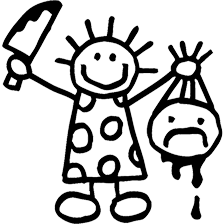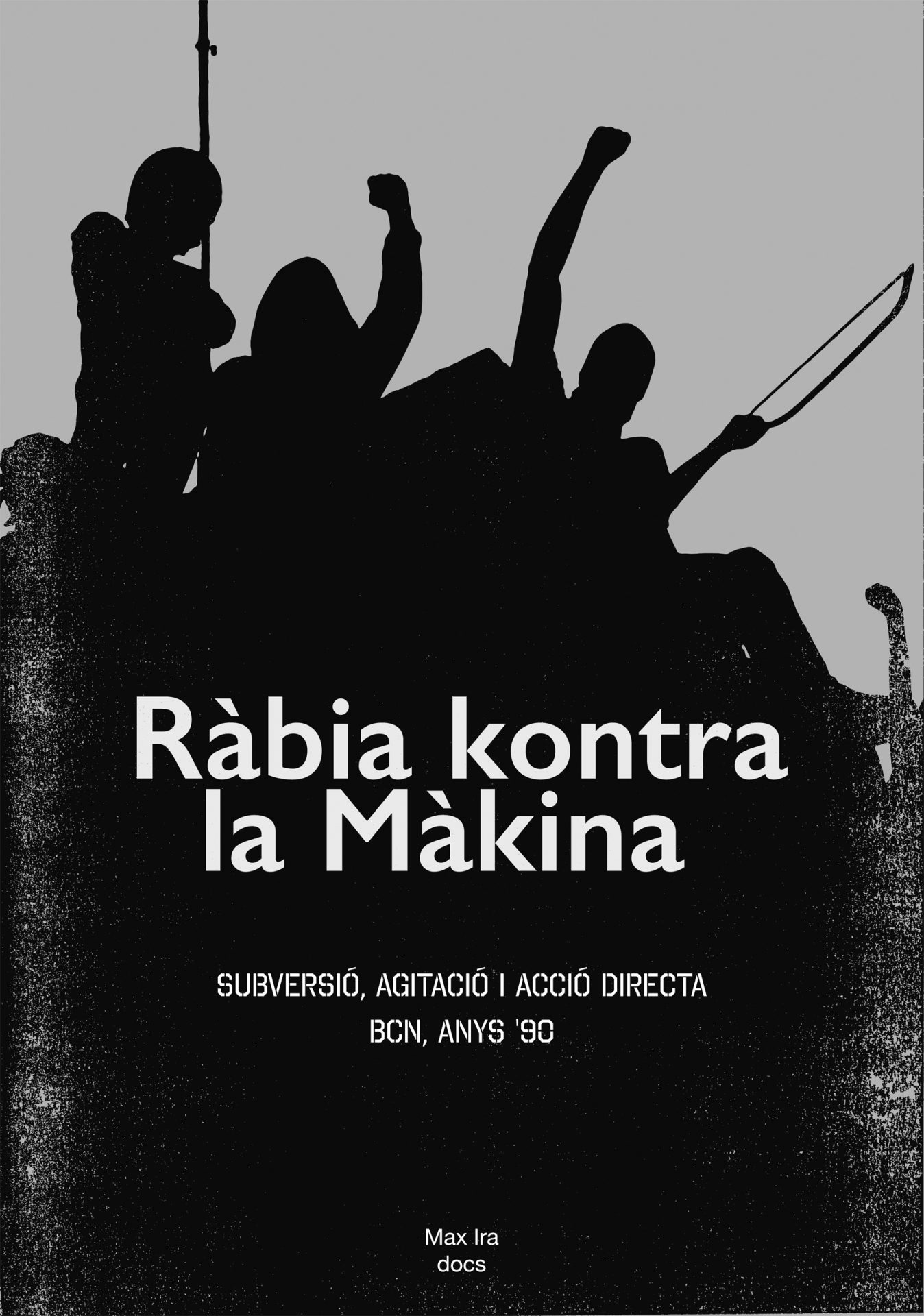Inspired by the punk generation and calling themselves squatters, they innovated the act of protest with a palette of actions so groundbreaking and performative, so removed from social and political reality that they created a microcosmos that broke with prior mobilisation processes. With a marked libertarian character, with the sassy and irreverent attitude of that first punk generation, self-organised collectively and horizontally and with a staunch belief in self-defence and direct action, this generation shook up the world of values of a city suffocating under real estate speculation. Squatting was political. It was about building utopias and believing in revolutions. It was the 90s: the political, social and media establishments went from an initial, sympathetic phase to accusations of low-level terrorism. It wasn’t just the sanctity of private property that was at stake; it was the fear of organisation: the organisation of a sector of the population that was young, insurrectionary and incorruptible.
A documentary by MAX IRA on squatting in Barcelona in the 90s
RÀBIA KONTRA LA MÀKINA
Documen- tary
Tuesday, May 30th
18:30 - screening of the 1st part of the film
20:00 - break
20:30 - screening of Part 2
The ticket allows you to watch the whole documentary or any of the two parts.
18:30 - screening of the 1st part of the film
20:00 - break
20:30 - screening of Part 2
The ticket allows you to watch the whole documentary or any of the two parts.
Languages:
Catalan
Duration:
1st part: 90 minutes / 2nd part: 120 minutes
Tickets:
5 euros ONLINE // 5 euros TAQUILLA




